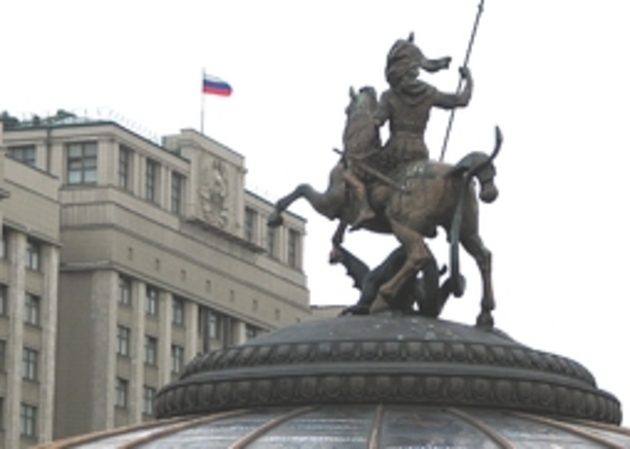As the head of the Duma's International Affairs Committee Alexei Pushkov said, "A parliament cannot override a political crisis, but it can mitigate it. It can become an instrument of dialogue in times of crisis." Among the negative trends, Pushkov cited the regularly taken anti-Russian resolutions, and the decision of the PACE at its January session to deprive Russia of its two major powers - the right to vote and the right to participate in the activities of the governing bodies of the PACE. We responded to the departure of the PACE until the end of 2015."
By negativity, Pushkov also meant practical cessation of parliamentary contacts with a number of heads of national parliaments of the EU, and with structures that are responsible for contacts with Russia.
On the positive side, according to the State Duma's international affairs committee, is that our work continues in the OSCE Parliamentary Assembly: "There is no such tool as sanctions. They cannot be accepted there,ťť because it does not meet the organization's charter. We participated in the session in Vienna, and the next session will be on July 6-8 in Helsinki. It will be the jubilee of the time of the signing of the Helsinki Final Act in 1975 on Security and Cooperation in Europe. Reasonable forces in Europe are pinning some hopes on the Parliamentary Assembly."
Another positive aspect Pushkov called the fact that some nations are coming to Moscow for parliaments. In first place he put France. "A visit of President of the Senate of France took place recently, who is the second person in France in terms of ranking after the president. Mr. Larcher met in Moscow with Sergei Yevgenyevich Naryshkin and Valentina Matviyenko, held extensive and very broad talks, during which it was agreed that we together with France will try to initiate a new parliamentary format of the Normandy Quartet. In addition, there are contacts with the Bundestag. They were both in Berlin and in Moscow. The Relations Group of the Bundestag went there recently with the State Duma, and now we look forward to a return visit by the Delegation for Relations with Russia from the German parliament. There are contacts with a number of Italian MPs. I think that after the victory of "Syriza" we will have fruitful contacts with the Greek Parliament. So we cannot say that parliamentary diplomacy in Europe has come to zero. Maybe it's the only tool to enhance synergies, because contacts across state lines, with some exceptions, with the exception of, say, Vladimir Putin's visit to Hungary, Serbia, and of Naryshkin to Serbia, for example, Matvienko now goes to Serbia in May, at the executive level contacts are limited."
In the Duma, contacts with Europe are considered extremely important, but it is recognized that the world has changed. "Once upon a time Europe controlled 75% of the world through colonies. Now the situation is different. On June 8 the first Parliamentary Forum of the BRICS countries will meet in Moscow. This is a new beginning, it is very interesting. Already is confirmed their agreement on the participation of NA China, Brazil and, apparently, South Africa. We are waiting for a response from the Indian side. We are too much focused on relations with the West. And we have suffered a great disappointment in this regard. It turned out that the West is not ready for a level playing field. It is ready to play only by its own rules."






